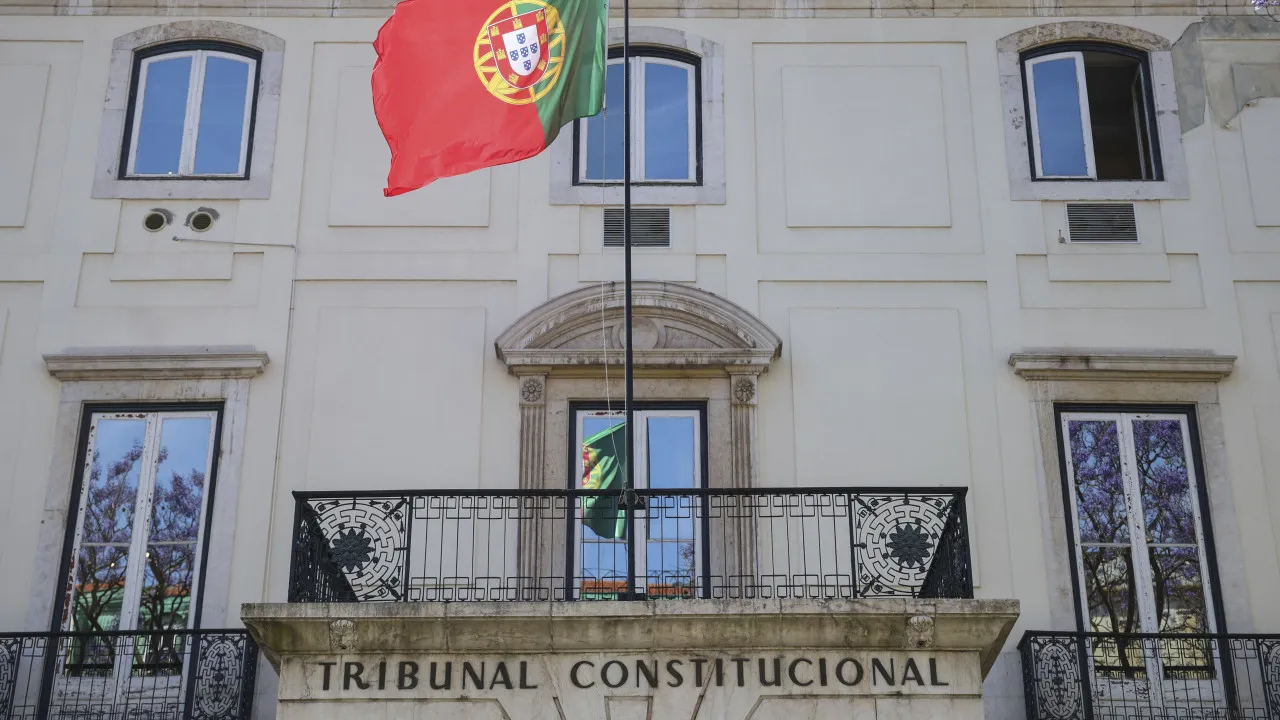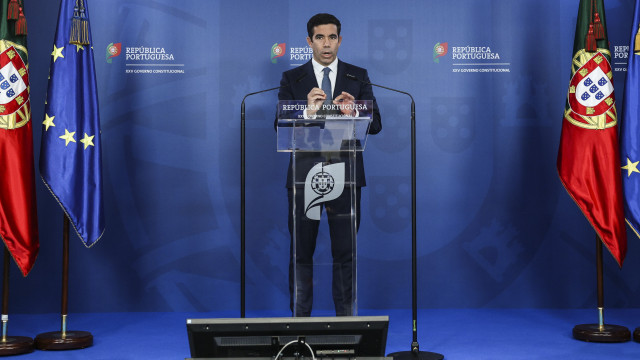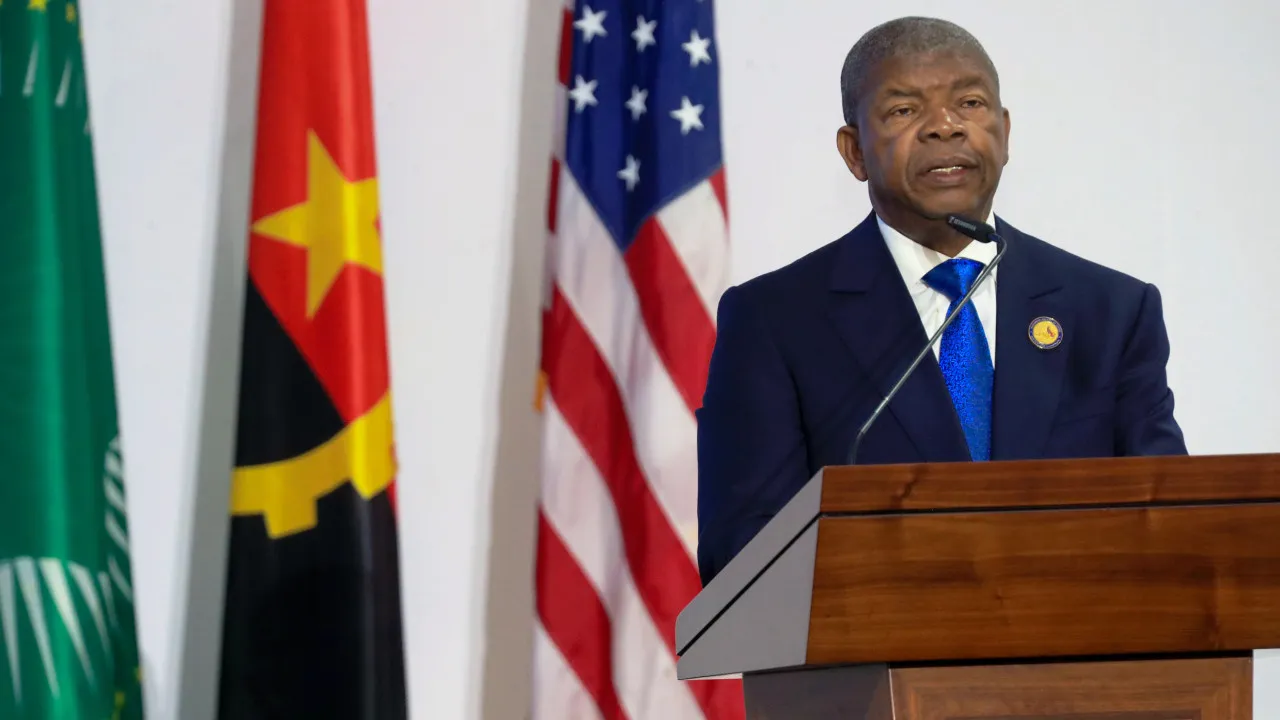
“One of the political directives is that it is very important to listen to the populations. I am convinced that at this moment, in the current times, it is practically impossible to carry out projects against the unanimous will of an entire population. (…) It is very difficult to develop a tourism, agricultural, mining, or industrial project against everyone around,” said Maria da Graça Carvalho.
The minister was speaking to journalists after the presentation of the proposal to revise the National Strategy for Nature Conservation and Biodiversity 2030, which pertains to more ambitious targets Portugal has joined, under international commitments in marine and terrestrial protected areas.
In response to questions from journalists, Maria da Graça Carvalho stated that Portuguese legislation is very strict in terms of environmental impact studies and that populations and local authorities are always heard, which is a significant consideration in determining whether there is unanimity among the populations and local officials.
“We want project promoters to involve the population. Our criteria stipulate that the project must bring added value to the population, and to the country as a whole, and only then is a project justified,” she affirmed.
In presenting the document revision, the minister announced that next month a strategy to protect the wolf, the “wolf pack program,” will be unveiled.
Maria da Graça Carvalho also highlighted that Portugal ranks eighth in the European Union in terms of area integrated into the Natura 2000 Network.
“A quarter of our entire land area is integrated into this network, while the European average is 19%,” she said.




